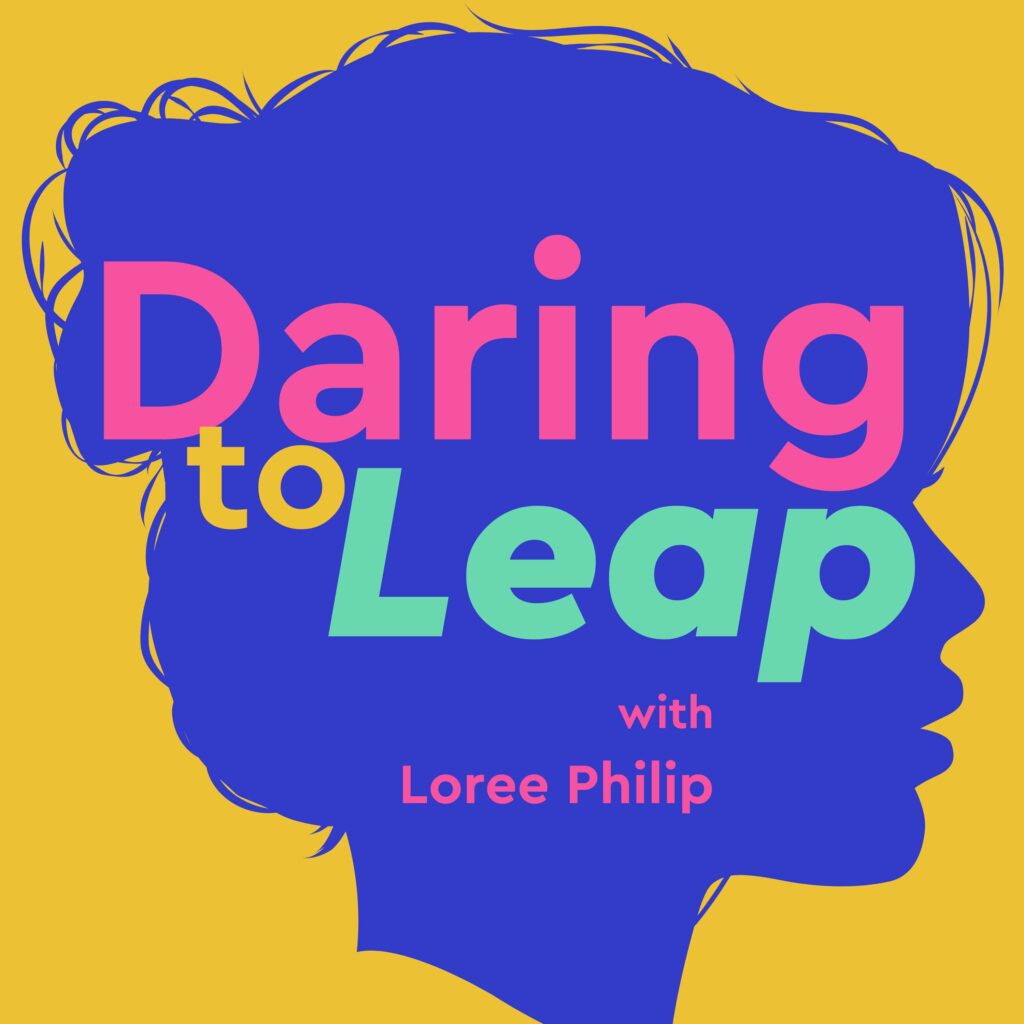Have you ever been stuck in the job application maze, wondering if your resume is even being seen, let alone making an impact? What does it take to stand out in today’s job market?
In the latest episode of Daring to Leap, Steph Cartwright, a seasoned job search strategist and certified resume writer, joins our host, Loree Philip, to unravel the secrets of mastering the modern resume and job search strategies. With nearly ten years of experience, Steph has helped countless job seekers break through the noise and land their dream roles.
This episode isn’t just about polishing your resume; it’s about transforming your entire approach to job hunting by focusing on outcomes, networking, and persistence in the digital age.
By listening to this episode you’ll:
- Discover why leading with outcomes on your resume is more effective than listing duties.
- Learn to trim down your resume to focus on the most recent and relevant experiences.
- Gain insights into avoiding the pitfalls of coming across as overqualified.
- Understand the importance of networking and engaging with employees within target companies.
- Master the art of navigating application tracking systems to ensure your resume gets seen.
By the end of this episode, you’ll be ready to craft a standout resume and employ strategic networking to enhance your job search success. So why wait? Hit play and start transforming your job application process today!
Connect with Steph:
http://www.offtheclockresumes.com/
Connect with Loree:
Instagram – @loreephilip
LinkedIn – @loree-philip
